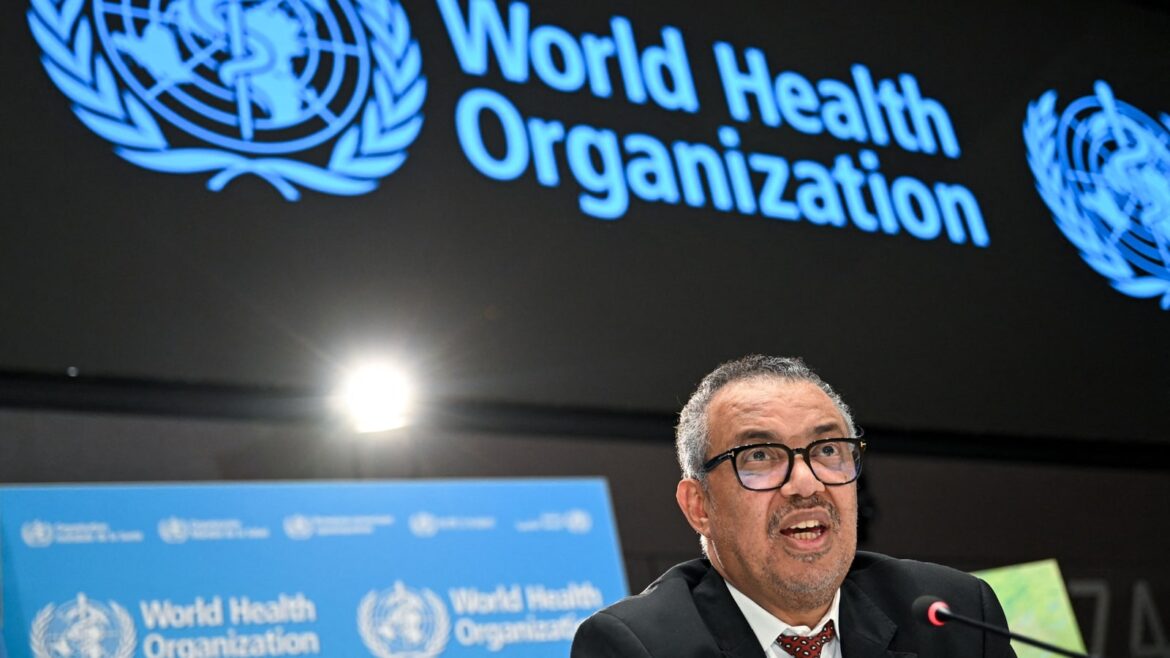The WHO has updated its recommendations for guarding against the marketing of harmful foods to children, emphasizing the necessity of stringent rules and laws.
The World Health Organization (WHO) has updated its recommendations for safeguarding kids from the negative consequences of food marketing. The WHO stresses that aggressive marketing of foods with high fat, sugar, and salt content influences kids’ dietary decisions. According to WHO, prior appeals for responsible marketing practices have not been successful, and the organization implores countries to adopt strict and thorough restrictions.
According to Dr. Francesco Branca, Director of the Department of Nutrition and Food Safety at the UN agency for health, “aggressive and pervasive marketing of foods and beverages high in fats, sugars, and salt to children is responsible for harmful food choices. Calls for ethical marketing practices have not made a significant difference.”

The advice is that nations create laws that must be followed to protect kids from the promotion of foods and non-alcoholic drinks that are rich in saturated fats, trans fats, free sugars, and salt, sometimes known as HFSS foods. Young people are still subjected to aggressive marketing of HFSS products, despite WHO advice on the subject from more than ten years ago, which can have a harmful impact on their health.
How do food advertisements influence kids?
Food marketing still poses a risk to public health since it shapes kids’ actual and planned food choices as well as social norms around food intake. The WHO’s advice is founded on an in-depth analysis of the data supporting restrictions on food marketing that takes into consideration contextual variables.
Policies must be required, apply to kids of all ages, identify banned foods using a nutritional profile model developed by the government, and be wide-ranging in their application in order to be effective. Healthy alternatives are typically more expensive and out of reach for many people, whereas processed and unhealthy meals are frequently well promoted, easily accessible, and inexpensive.
To guarantee that policies safeguard all children, WHO used the definition of a child from the “Convention on the Rights of the Child.” The organization recommended that governments create nutritional profile models and apply them in their respective nations.

WHO underlines the need to include measures to safeguard kids from harmful food marketing as part of a larger strategy for fostering a positive food environment. The adaptation of WHO guidelines to particular circumstances requires local discussions with safeguards in place to avoid excessive influence from conflicts of interest.
These recommendations are meant to help governments create conditions that support lifelong healthy eating, enhance nutritional quality, and lower the risk of noncommunicable illnesses globally. For the wellbeing of children, the WHO emphasizes the value of fostering an environment that supports wise food choices.

READ ALSO – AI Can Boost Productivity, Cut Expenses, And Boost Employee Happiness, According To Guy Waterman
“Generative AI can have an immediate impact on the workplace with improved productivity, reduced costs, better data quality, and higher employee satisfaction,” claims Guy Waterman,


